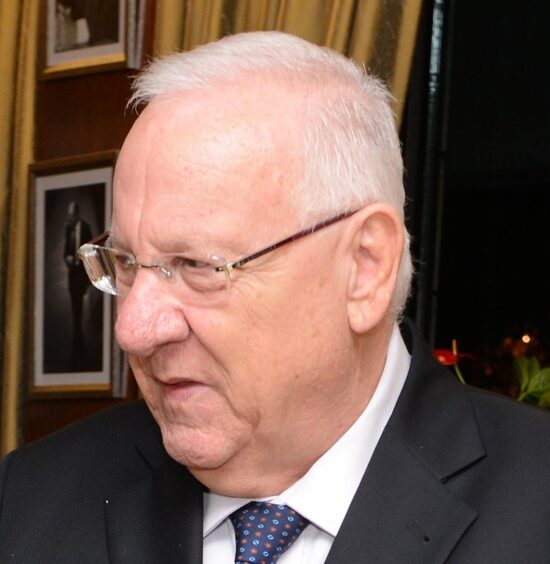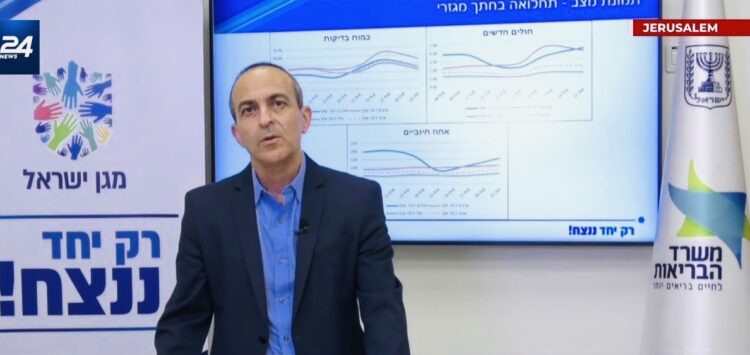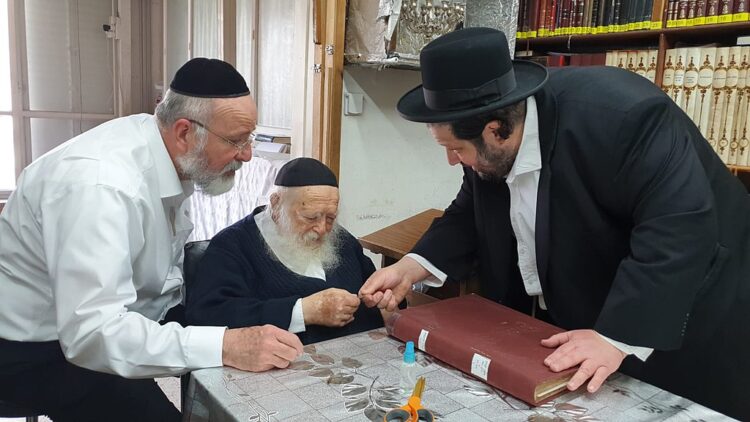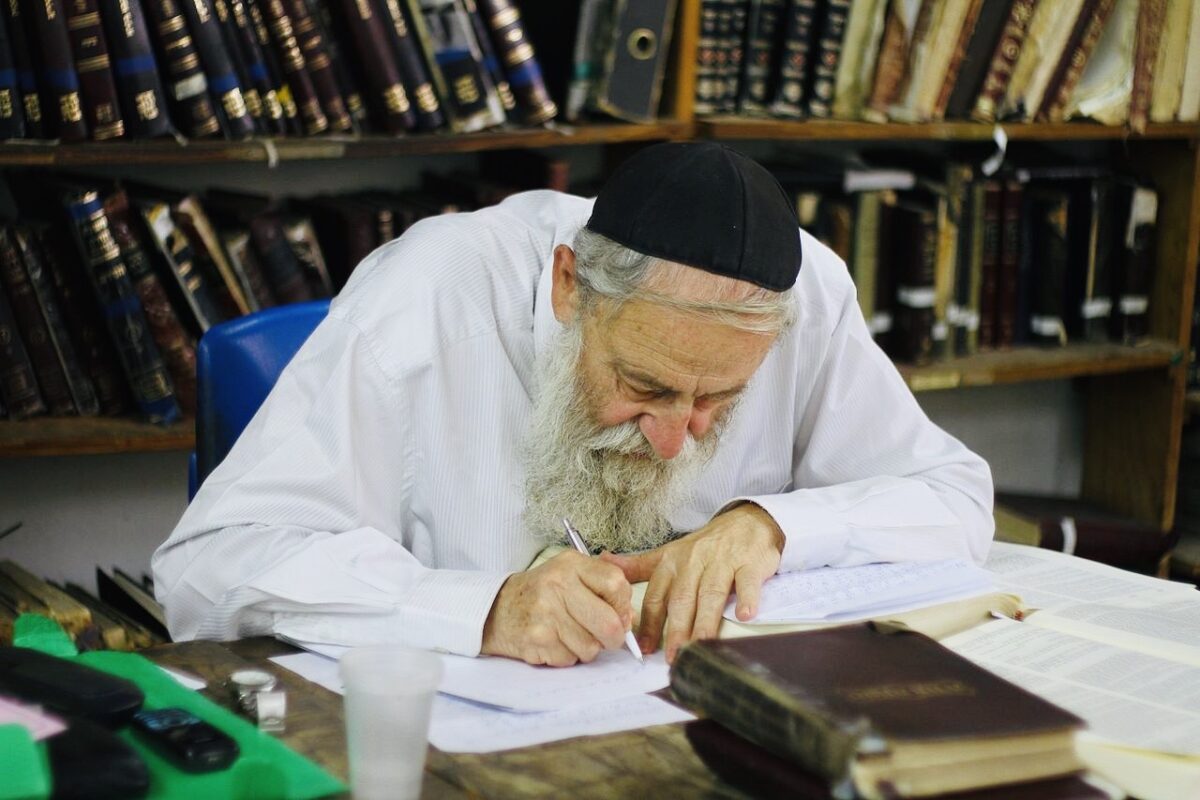On October 1, shortly after Israel descended into its second lockdown in six months to contain the second wave of the rampaging coronavirus contagion, Israeli President Reuven Rivlin paid an “emergency” visit to a leading ultra-Orthodox rabbi, Shalom Cohen.
The purpose of his trip was to urge Cohen to encourage his followers in the haredi community to comply with the latest COVID-19 lockdown restrictions, which went into effect on September 18.

The implication of Rivlin’s visit are clear: the haredi community will not receive special treatment in the government’s crackdown against violators of coronavirus rules. Prime Minister Benjamin Netanyahu made this abundantly clear on October 2 when he said, “There will not be relief (from restrictions).” Netanyahu enunciated this policy in a conference phone call with haredi politicians and the mayors of several Israel cities, towns and suburbs.
The virus has caused the deaths of 1,707 Israelis, but has hit ultra-Orthodox Jews particularly hard. Although they comprise 12 percent of Israel’s population, 40 percent of the new and most serious cases affect them, according to Dr. Ronni Gamzu, who spearheads the national effort to keep the deadly outbreak in check.

This alarming figure suggests that haredi communities in Israel are engulfed in a health crisis, a major concern for the Israeli government.
According to reports, many ultra-Orthodox Jews frequently disregard lockdown regulations. Blatantly breaking social distancing rules and common sense, they have crowded into synagogues, yeshivas, schools and sukkahs, transmitting the disease and worsening Israel’s infection rate, now the highest per capita in the world. Recently, 1,500 yeshiva students from the Gur hassidic sect tested positive for the virus after spending time together in a study hall in Jerusalem.

Dense living conditions also contribute to the deepening crisis among haredim.
Interior Minister Aryeh Deri, the head of the haredi Shas Party, claims that the high infection rate in the ultra-Orthodox community has nothing to do with its defiance of government rules, but with the tendency of young haredi men and women to submit to virus testing in greater numbers than secular youth.
Deri’s explanation is less than convincing, and as a result, increasing criticism and resentment of ultra-Orthodox Jews has been growing in the country.
Most Israelis already believe that they do not pull their weight in terms of military service, that they are a drag on the economy because of their disproportionate reliance on social welfare benefits, and that their leaders extort immense government funds in exchange for their political support when coalition governments are formed after general elections.
Due to the widespread perception that the ultra-Orthodox community has become a super spreader of the virus, some prominent haredi rabbis have called on their acolytes to obey the lockdown regimen.
The chief rabbi of Jerusalem, Aryeh Stern, issued a ruling urging haredim to consider the safety of their neighbors by adhering to Ministry of Health instructions and by refraining from holding mass gatherings over the current Sukkot holiday.

The leaders of the Lithuanian sect of the haredi community, Rabbi Chaim Kanievsky and Rabbi Gershon Edelstein, ordered followers to pray outdoors rather than in synagogues.
Kaniesky, however, violated quarantine rules by inviting visitors to his home after Yom Kippur. He was supposed to self-isolate after being exposed to the virus by his driver, a coronavirus carrier. Two days later, he tested positive for it.
One of Israel’s most influential rabbis, he has a decidedly checkered record on compliance with coronavirus regulations.
Six months ago, he ignored government and police appeals to close yeshivas and schools, insisting they should remain open because the cancellation of Torah studies would be more dangerous than the virus itself.
As infections soared, Kanievsky reconsidered his recommendation, saying that violators of social distancing endanger others, are murderers in the eyes of Jewish law, and can be reported to the police.
Yet last month, Kanievsky backtracked yet again when he encouraged yeshiva students to resist testing for the virus.
Due, in part, to such flagrant violations of the lockdown, Netanyahu has warned that it may last for months and up to a year rather than only three weeks.
Israel is enmeshed in a crisis of unprecedented proportions, yet a fairly significant percentage of its population behaves as if nothing is amiss.
